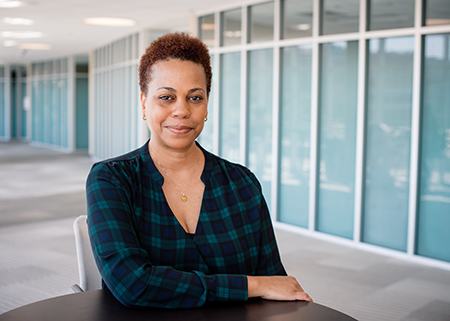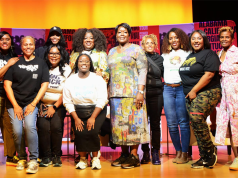
By Brianna Hoge
UAB News
In this time of a global pandemic, high school students are facing new challenges that could impact their preparedness for college. With some schools’ having only virtual classes and standardized testing not available to some students, how are juniors and seniors to prepare for college?
The University of Alabama at Birmingham’s Samantha Briggs, Ph.D., project director for GEAR UP Alabama in the School of Education, offers advice on how upper-level high schoolers can utilize this time to prepare for higher education.
Ways to prepare at home
Several college prep resources and tools are available online for students who are learning virtually to use, such as GEAR UP, TRIO and College Admissions Made Possible.
“Academic enrichment and test prep companies — including Mastery Prep, College Board and Kahn Academy — are providing a lot of free resources online,” Briggs said. “They are hosting virtual seminars, webinars, panel discussions, resource fairs, college fairs.”
Topics during virtual seminars can include how to write a winning college admissions or scholarship essay, campus culture, two-year versus four-year, and more.
Recommendations For Juniors
During this time, high school juniors can take advantage of opportunities and resources that are available online. Briggs recommends juniors who can should enroll in dual/concurrent courses at a college, narrow down career choices, start to identify the best colleges for that career and research affiliated professional organizations that may have student engagement opportunities.
“This is a great time to identify who will write your letters of reference for scholarship applications,” Briggs said. “Also, take this time to review your high school transcript to make sure there are no gaps that need to be filled during your senior year.”
Seniors who have not decided on a college or university can use online tools to research their options; they should also make note of deadlines for applications.
“Even though a student’s senior year might not be a ‘normal’ one, students can utilize this time to see if their aspired career field is offering any virtual shadowing opportunities,” Briggs said. “You can also use this time to connect with a mentor or counselor at your potential college, enter an academic or creative art competition, or even audit a college course if the student is not ready for dual enrollment.”
Briggs also suggests seniors research additional online creative outlets, like Master Class, to learn new skills before going to college.
Ways Parents Can Help
During this time, there can be an extra amount of stress on students. Briggs recommends parents have empathy and extend grace to their children in this season.
“As a mother and educator, I always try to be as inclusive as possible and speak in layman’s terms for transparency and understanding,” Briggs said. “We also should be cautious not to burden our children with our own experience during these uncertain times. We should remember to give space, lend an ear and find joy in the little things.”
Parents can also use this time to ensure they are equipped with all the financial documents that will be needed to complete financial aid forms.
Briggs has one final reminder to both parents and students.
“Remember that teachers, counselors and school administrators are there to support this process. As a parent and student, do not feel alone or isolated, even if you are in virtual school this year. Always ask questions; you can never have enough information.”



